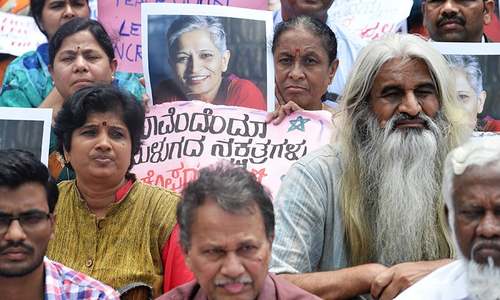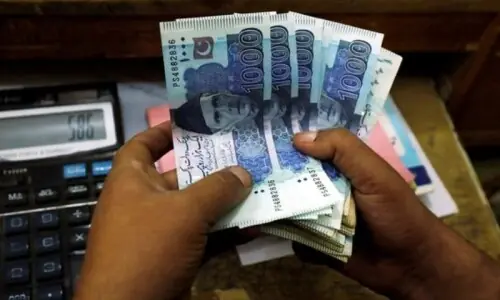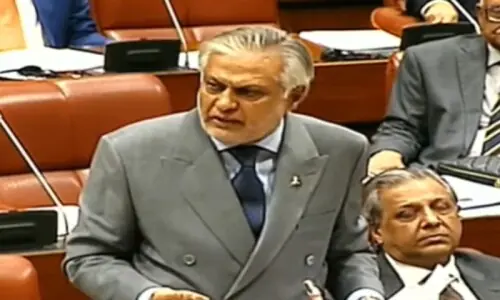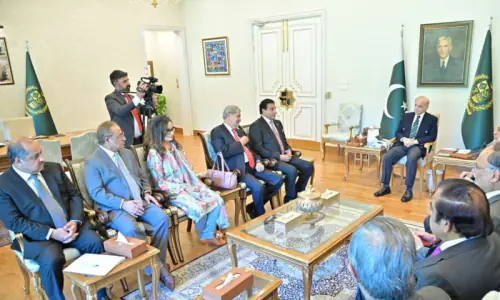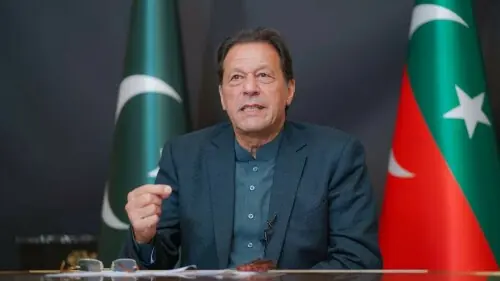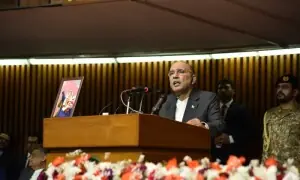TUESDAY’S murder of Indian journalist Gauri Lankesh in Bangalore could have two outcomes.
The death at the hands of suspected Hindutva militants, who shot her several times at the doorstep of her home at close range, could become one more screwdriver turn in the coffin of free media in the world’s largest democracy.
Or her brave writings could set off a long-delayed popular showdown against growing assaults on civil liberties and free speech under Prime Minister Narendra Modi.
Civil society groups such as Not In My Name have already fanned out across India raising their voices against Hindutva lynch squads. Lankesh’s death triggered large protests in different parts of the country. ‘I am Gauri Lankesh’ placards came up overnight and the Congress government in Karnataka has ordered a dragnet for the killers.
Initially an English-medium journalist with leading newspapers, Lankesh migrated to writing and publishing in her native Kannada in the footsteps of her late father P. Lankesh.
Like him, she began to publish a weekly, which she named after herself. Gauri Lankesh Patrike inevitably became a lightning rod with Hindutva groups who saw in her a formidable challenger.
They attacked the journalist as an anti-Hindu Maoist sympathiser while she saw herself as a practising devotee of India’s secular constitution.
Belonging to the Lingayat community of Shiva mystics common in southern India, the 55-year-old social activist worked to dissociate her people from the larger Hindu identity, which she described as a body of exploitative hierarchies ranged against women and minorities. She bonded with Dalit icon B.R. Ambedkar’s criticism of Hinduism.
As such, she stood for solidarity with religious minorities and support for the lowest ranks in India’s caste heap. One of her last pieces was about the plight of Rohingya Muslims, refugees from Myanmar shunned by India as a threat to its security.
Days before her death, Lankesh had nudged her supporters to not be cowed by Hindutva. “Intolerant voices find strength in our silence,” she had cajoled them.
Published in Dawn, September 7th, 2017


